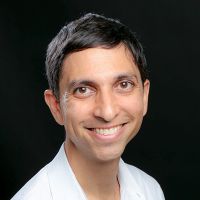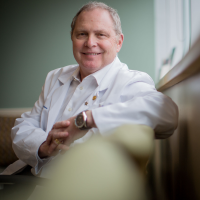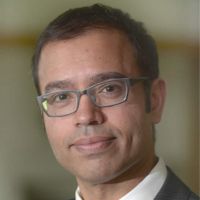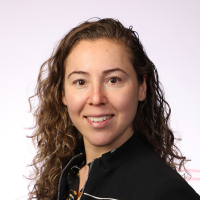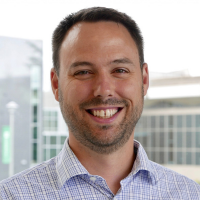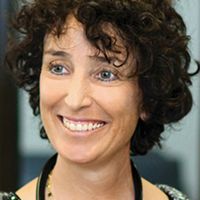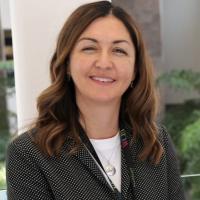
Researchers


Researchers
Diabetes Action Canada facilitates a meaningful connection between primary healthcare providers, their patients and relevant specialists. This network strongly believes engaging patients early on with scientists will modify the conduct of research that is for optimal impact on health. The Network will provide timely access to new, safe and effective interventions for optimal glycemic control, improved lifestyle, and targeted therapies for specific complications. 15 Principal Investigators (PIs) from across Canada and their Co-Investigators are involved in various research projects focusing on diabetes and its related complications. The Network’s goals uniquely position our investigators to promote their activities across disciplines and provincial boundaries through strategic collaboration.
“The Network’s goals uniquely position our investigators to promote their activities across disciplines and provincial boundaries through strategic collaboration.”
Our SPOR Network PIs and partners will prioritize and implement research strategies by first mapping and constantly monitoring the most important concerns of patients with diabetes and their care providers. Many of our investigators have long-standing collaborations with each other. This Network serves to provide the infrastructure for ongoing exchanges between investigators who otherwise may not have the opportunity to interact. Top researchers at our nine collaborating institutions across Canada will interact with individuals living with diabetes and their caregivers, policymakers, health care professionals and other interested stakeholders (public/private). Our SPOR Network Goal & Theme Leads and PIs will create changes through visionary shared leadership with patients and healthcare providers. These changes will be achieved through collaboration and the sharing of resources among the members of our Network.
Become an Associate Member
-
Listing on the Diabetes Action Canada Website and networking with researchers and patients with common interest in the treatment and prevention of diabetes complications
-
Opportunity to collaborate on Diabetes Action Canada projects
-
Receives Newsletters and News-blasts from the Scientific Co-Leads from Diabetes Action Canada








